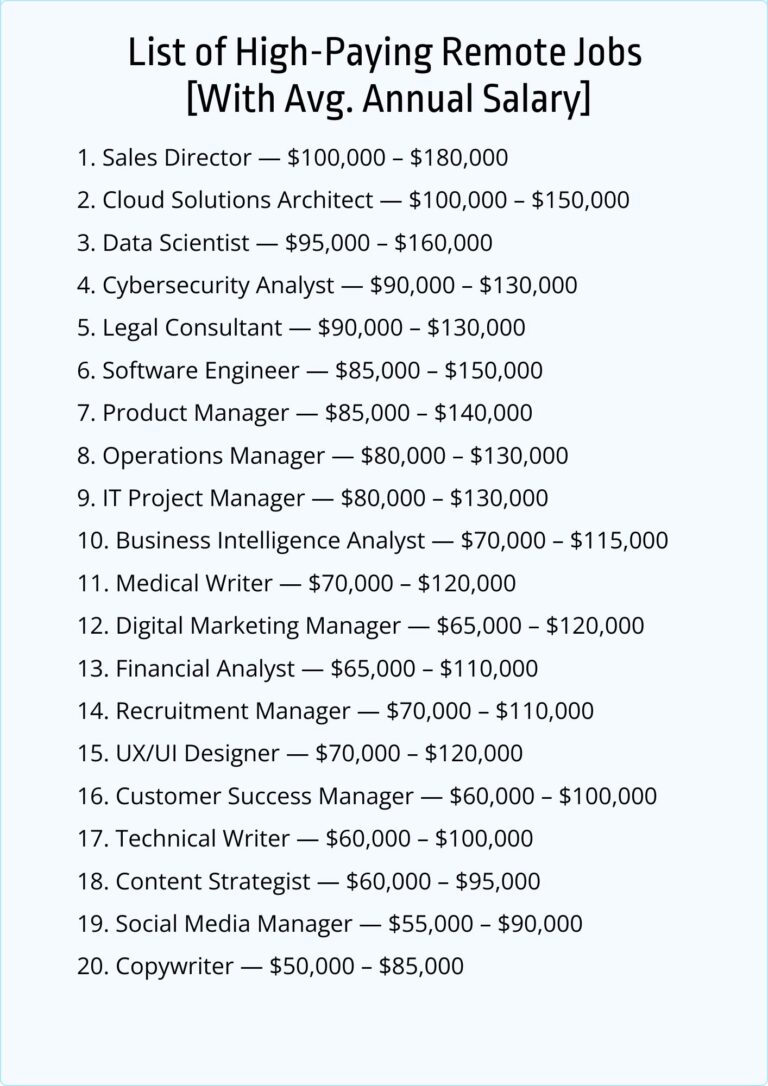Top Careers in Artificial Intelligence: Shaping the Future of Technology
Artificial Intelligence (AI) is one of the most transformative fields in the world today, driving innovation across industries such as healthcare, finance, education, and entertainment. With AI technology advancing at an unprecedented rate, numerous career opportunities have emerged, allowing professionals to shape the future of this exciting domain. Whether you’re a tech enthusiast or looking to switch careers, AI offers a diverse range of opportunities for those interested in solving complex problems and creating cutting-edge solutions. This article will explore some of the top careers in artificial intelligence and how you can prepare for them.
AI Research Scientist: Pioneering the Future of Technology
AI research scientists are at the forefront of developing new algorithms, models, and technologies that push the boundaries of what AI can achieve. Their work involves conducting original research to improve machine learning techniques, natural language processing, and computer vision. These scientists often work in academia or large tech companies, publishing papers and collaborating on projects that shape the industry’s future.
If you’re interested in a career as an AI research scientist, a strong background in computer science, mathematics, and statistics is essential. A PhD is often required, and experience with programming languages such as Python and deep learning frameworks is highly beneficial.
Machine Learning Engineer: Building AI Systems
Machine learning engineers focus on creating and optimizing AI systems that can learn from data and make decisions. They design, implement, and deploy machine learning models that power everything from recommendation engines to self-driving cars. This role is ideal for individuals who enjoy working with data and algorithms to solve real-world problems.
To become a machine learning engineer, proficiency in programming languages (like Python, R, and Java), understanding of algorithms, and experience with machine learning frameworks such as TensorFlow or PyTorch are key. A strong foundation in mathematics, particularly linear algebra and statistics, is also important for success in this field.
Data Scientist: Turning Data into Actionable Insights
Data scientists use AI and machine learning techniques to analyze large datasets, identify trends, and generate actionable insights for business decisions. They often work with machine learning algorithms to predict outcomes, create data models, and improve business operations. Data scientists play a crucial role in almost every industry, from healthcare to finance, by helping companies leverage their data to improve efficiency and drive innovation.
To pursue a career in data science, you’ll need a deep understanding of statistics, machine learning, data analysis, and programming. Familiarity with data analysis tools such as Hadoop and SQL, along with a strong understanding of data visualization techniques, is also crucial.
AI Product Manager: Overseeing AI Development
AI product managers act as the bridge between the technical and business sides of AI product development. They are responsible for defining product vision, setting goals, and ensuring that the AI solution aligns with the company’s strategic objectives. AI product managers work closely with AI engineers, data scientists, and other stakeholders to ensure the product meets customer needs and is delivered on time.
While a background in computer science or engineering is helpful, a successful AI product manager must also have strong leadership, communication, and project management skills. Knowledge of the AI landscape and understanding how AI can be applied to solve business problems are essential in this role.
AI Ethics Specialist: Ensuring Responsible AI Development
As AI systems become more widespread, ensuring that they are developed ethically and responsibly has become a top priority. AI ethics specialists work to establish ethical guidelines for AI development and ensure that AI applications are aligned with human values. They are involved in creating policies to address issues such as privacy, bias, and transparency in AI decision-making.
A background in ethics, law, or philosophy, along with knowledge of AI technologies, is typically required for this role. AI ethics specialists must also stay informed about emerging AI technologies and their societal implications.
FAQs About Careers in Artificial Intelligence
Q1: What skills are needed to pursue a career in AI?
A1: To pursue a career in AI, you’ll need strong programming skills, knowledge of machine learning algorithms, statistics, and data analysis. Understanding frameworks like TensorFlow and PyTorch, as well as a background in mathematics, is also essential.
Q2: Is a PhD required to work in AI?
A2: While a PhD is often required for research-oriented roles like AI research scientist, many other roles, such as machine learning engineer or data scientist, only require a strong background in computer science and relevant experience.
Q3: What industries are hiring AI professionals?
A3: AI professionals are in high demand across various industries, including healthcare, finance, automotive, e-commerce, entertainment, and technology. Any industry that relies on large amounts of data or automation is likely to have AI job openings.
Q4: Can I switch to an AI career from a non-technical field?
A4: Yes, it’s possible to switch to AI from a non-technical field, especially if you have a strong foundation in mathematics or analytics. Many people transition into AI by taking online courses, obtaining certifications, or pursuing a graduate degree in AI-related subjects.
Q5: How much do AI professionals earn?
A5: Salaries for AI professionals vary depending on the role and location, but on average, AI researchers and machine learning engineers earn some of the highest salaries in the tech industry. Salaries for these roles often range from $100,000 to $150,000 per year or more, depending on experience and expertise.


